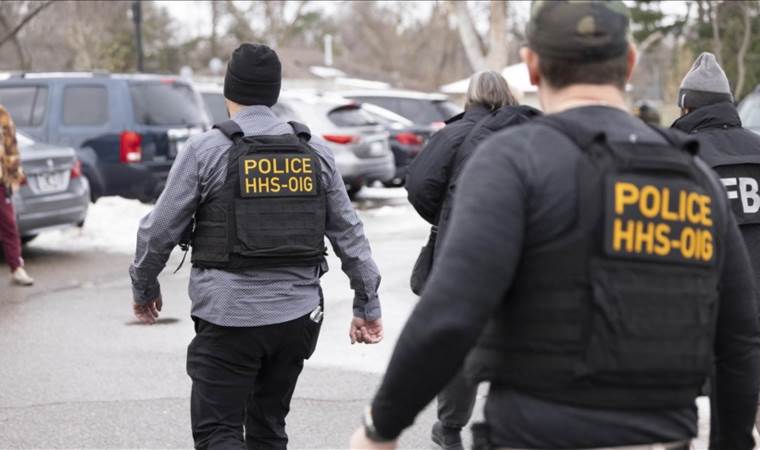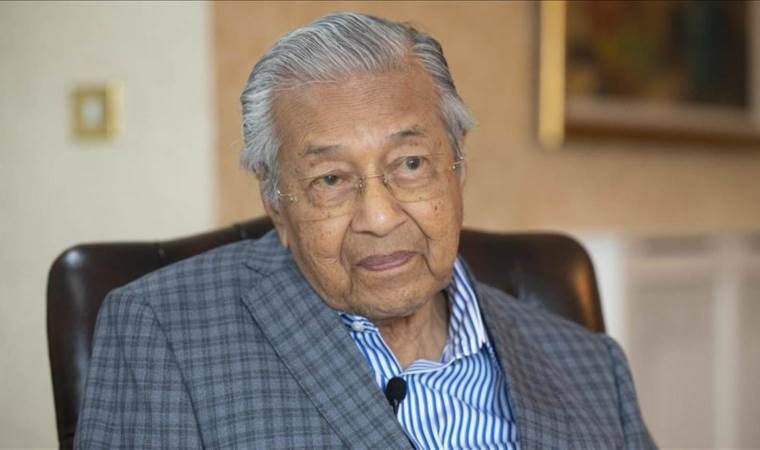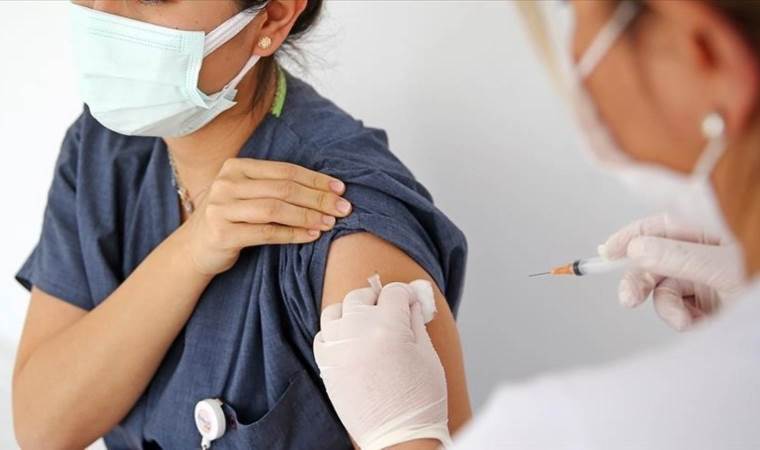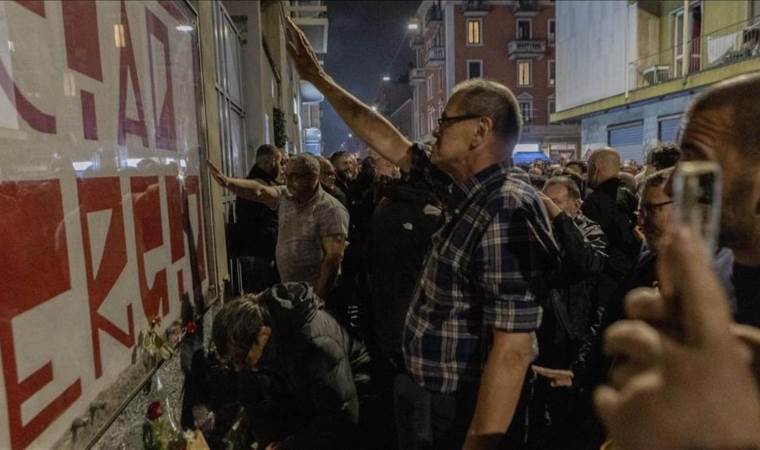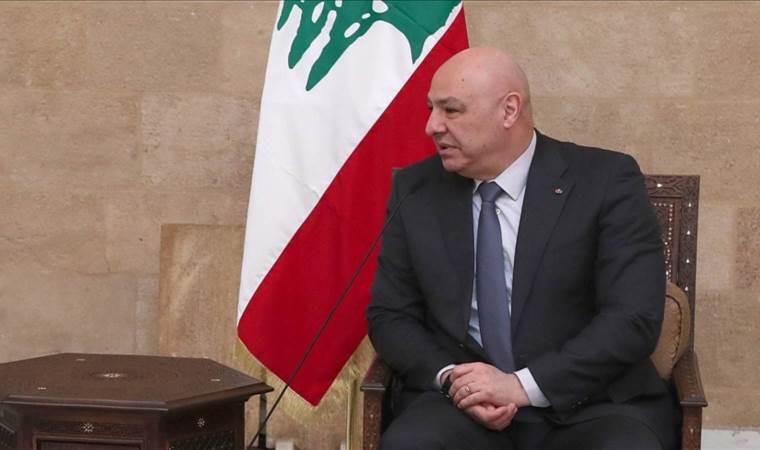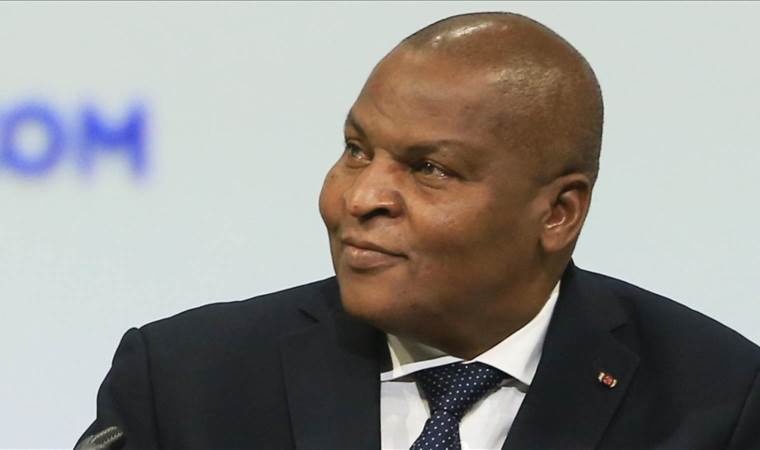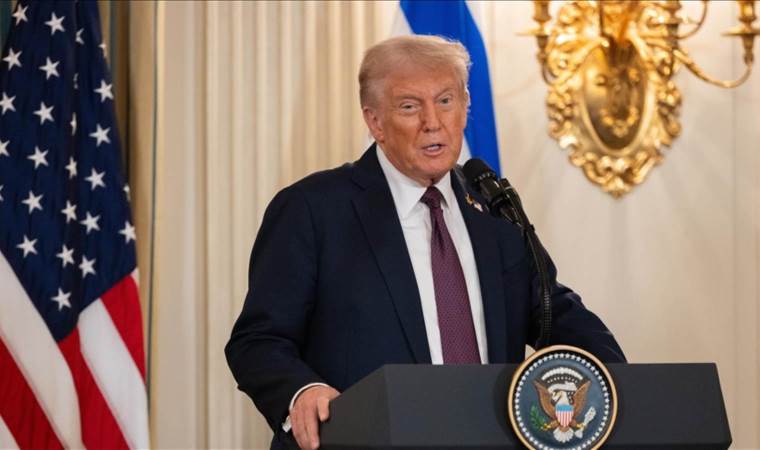Authors Columns of the Day Sport Guest Life All Authors
Actions speak louder than words
Data released last week by the Stop Femicide Platform paints a shameful picture: in just the first six months of this year, 205 women were killed in our country. Additionally, 117 women were found dead under suspicious circumstances. Guess who the perpetrators are in 42% of these cases? The women’s husbands. Other killers include men the women wanted to divorce or had already divorced.
This grim data is no longer surprising when we consider the daily news of women being murdered or attacked at home, on the street, or in front of their children. The question of what kind of social structure a child, who witnesses violence and oppression in their family, will become part of is critical for our future.
Last week marked the anniversary of the government’s decision to withdraw from the Istanbul Convention in 2021, despite all warnings. In a report by Rengin Temoçin, it was highlighted that at least 963 women have been killed since the withdrawal. Women's rights organizations reiterated their determination to continue fighting for the reinstatement of the convention.
The Right to Surname
The issue of women's rights, specifically the right to use their maiden name, has also returned to the center of discussions. It is alleged that the “9th Judicial Package,” which has been in constant flux, includes a proposal to reverse the Constitutional Court's decision allowing married women to use their maiden name. CHP Deputy Chairperson Aylin Nazlıaka stated that the proposal, which is set to be discussed in Parliament on July 11, "disregards the Constitutional Court's decision." She emphasized, "Our struggle for identity is our struggle for existence. We will never give up our hard-won rights."
CHP leader Özgür Özel addressed current issues in an interview with our Ankara representatives Sertaç Eş and Sarp Sağkal last week. Özel also emphasized women's rights. "We will add two colors to CHP’s principle of statism: green representing environmentally conscious development and purple representing gender equality," he said.
The situation in the Middle East should be a lesson for us all. We are aware of the countries where women, deprived of education and work rights, have only recently gained permission to drive, and live in fear of being arrested if their hair is visible from under their headscarves.
Turkish women, on the other hand, are shielded against this reactionary mentality. The modern, democratic, secular, and rule-of-law principles of the Republic founded by the great leader Atatürk serve as a guiding star for women. Ensuring no rollback on rights is a civic duty for all of us.
Re-engaging with Damascus
Another major topic last week was the Ankara-Damascus relationship. Interest in engaging with Syrian leader Assad is growing, both from the government and the opposition. From the moment the civil war in Syria began, we frequently highlighted the risks that a fragmented neighbor, torn by violence, would pose to Turkey. However, the government's initially problematic Syria policy, sold to the public with the promise of "praying in the Umayyad Mosque in Damascus," has had severe consequences. We are all paying the price for these mistakes.
The current logic seems to be to rectify past mistakes, albeit belatedly. Sitting down with the Damascus administration is a significant step in this context. However, even if this normalization occurs, expecting the problems extending to our borders to suddenly disappear would be naive. Since the war erupted in 2011, the situation in Syria has been chaotic, with unclear alliances and shifting power dynamics.
The presence of the YPG/PKK terrorist organization, supported by the U.S. and maintained discreetly by Russia, remains a concern. In Idlib, an area extending to our border, extremist terrorist groups like HTS and its affiliates are still active.
It is clear that Russia supports the Ankara-Damascus engagement. Putin, a master of political strategy, may be seeking a new approach in light of the ongoing war in Ukraine, European and U.S. elections, and regional balances. The possibility of Israel extending its attacks from Palestine to Lebanon also cannot be ignored. In summary, while meeting with Assad is a positive start, it involves a long path of careful steps, devoid of political populism, in a stage filled with many "main actors/proxy powers."
Yazarın Son Yazıları All Columns
Günün Köşe Yazıları
Most Read News
-
 Trump administration deploys 2,000 federal agents to Min
Trump administration deploys 2,000 federal agents to Min
-
 Venezuelan opposition leader says she dedicated Nobel Pr
Venezuelan opposition leader says she dedicated Nobel Pr
-
 Malaysia’s 100-year-old ex-Premier Mahathir hospitalized
Malaysia’s 100-year-old ex-Premier Mahathir hospitalized
-
 Seasonal flu activity continues to increase in US: Repor
Seasonal flu activity continues to increase in US: Repor
-
 Far-right ideology increasingly visible in Germany’s dai
Far-right ideology increasingly visible in Germany’s dai
-
 Lebanese president says army implementing government mea
Lebanese president says army implementing government mea
-
 Central African Republic President Touadera wins 3rd ter
Central African Republic President Touadera wins 3rd ter
-
 Venezuela not to have new elections in next 30 days: Tru
Venezuela not to have new elections in next 30 days: Tru



